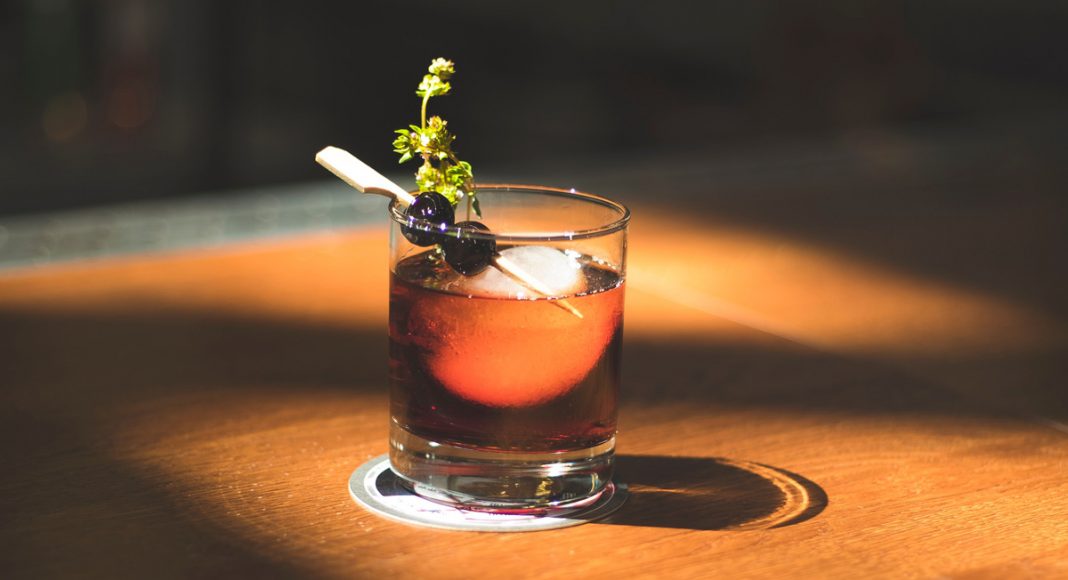In the very near future, when you grab an adult beverage from your fridge, it might not contain any alcohol. Are you ready for the next big thing?
Legal cannabis provides a huge opportunity to reshape the consumer beverage industry, according to Cannabiz Consumer Group (C2G). And no wonder. The entire beverage industry generates roughly $1.5 trillion for the American economy. But manufacturers are getting wise to the consumer trend of healthier alternatives to traditional sugary sodas.
Although cannabis-infused drinks make up less than 20 percent of cannabis products sold in adult-use cannabis markets and account for an even smaller percentage of total sales dollars, the format is predicted to grow. Major growth catalysts for the rise of cannabis-infused drinks, especially among older-adults and cannabis novices, are the absence of inhaling smoke or vapor, and if desired, even the “high” itself. Cannabiz Consumer Group projects that in a full-national recreational cannabis marketplace, infused-beverages could produce annual revenues of nearly $15 billion dollars, comparable to retail coffee sales and double the size of the energy drinks market.
“Although most believe that the alcoholic beverage industry will lead the charge into the cannabis beverage space, our opinion is that the ultimate winners will be the non-alcoholic beverage manufacturers,” said Rick Maturo, chief product officer at C2G. Maturo cites three reasons why these companies will likely become the dominant players in the space.
First, by entering the THC-infused beverage marketplace, today’s non-alcoholic beverage manufacturers can begin to offer products to compete against the $200 billion alcoholic beverage industry. Currently, their products don’t satisfy the needs for which consumers turn to beer, wine, and spirits.
Second, many of non-alcoholic beverage manufacturers have already been broadening their portfolios to take advantage of the consumer trend toward alternative drinks, like energy drinks or shots, kombucha, and other enhanced juice drinks; offering a cannabis-infused beverage is an extension of this strategy.
“For most of the country, adults looking for a healthier afternoon ‘pick-me-up’ might turn to a Kombucha or 5-Hour-Energy, but in places like Denver or San Francisco, they can pick up a THC and CBD-infused cannabis shot with a citrus sativa strain that purportedly promotes energy and mental stimulation,” Maturo adds.
Third, higher margins mean higher profits. Cannabis-infused beverages are offered at a premium when compared to other alcoholic and non-alcoholic segments. This higher price point per serving translates into significant profits. Even better, while alcoholic beverages will directly compete with their cannabis-infused counterparts, for non-alcoholic beverage manufacturers sales will come without any significant impact on their core product lines.
Despite the upside for entering the cannabis-infused beverage marketplace, Maturo states that there are many issues that need to be considered, aside from the obvious legal challenges of entering the industry. Potential issues surrounding negative consumer sentiment and damage to corporate equity from entering the cannabis marketplace need to be addressed. Despite these uncertainties, cannabis drinks are poised to become the newest battleground for beverage manufacturers to champion. As such, we fully expect to continue to see more announcements from major players in 2018.


